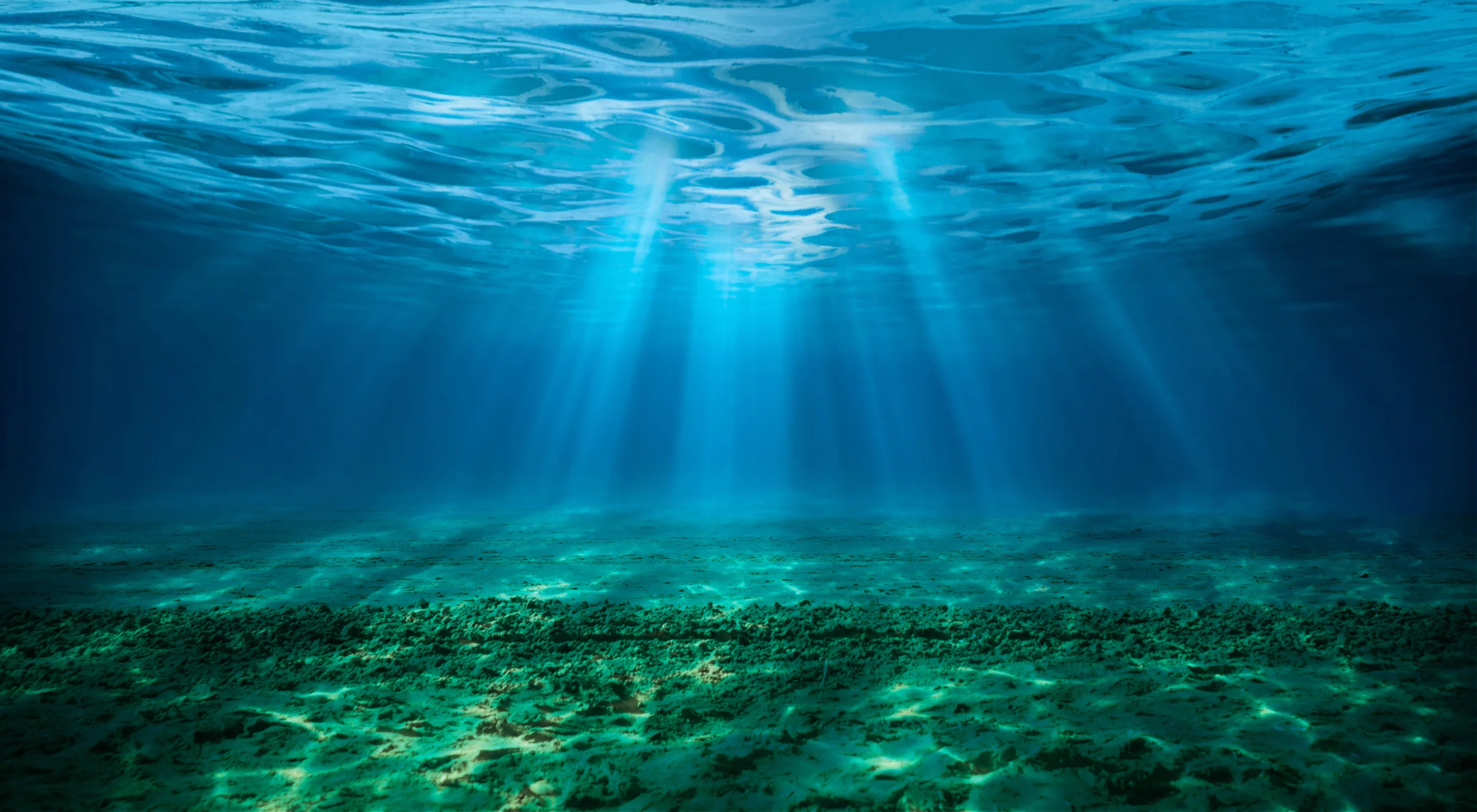
My respect for nature and commitment to the environment has been deeply shaped by my wife, Sherin. Her passion for animals was evident from an early age, but it was her deep empathy for their suffering that truly defined her character. From her heartache at SeaWorld to the linen drawer in her home growing up - often a temporary sanctuary for some wounded animal or bird that Sherin had brought home, she demonstrated an instinctive need to protect and heal. This compassionate drive naturally led her to explore how she could make a broader difference in conservation. Volunteering at sanctuaries for dolphins and big cats, as well as with Friends of the Earth, she developed a lifelong commitment to protecting marine life and the natural world in general, with an unwavering determination to make a meaningful difference to their welfare and survival. Her early experiences inspired a profound respect for oceans and animals, and this deep connection would shape everything that followed.
Building on this passion, Sherin founded the AMOR Foundation, focused on the protection and conservation of the world's oceans, their inhabitants, and fragile ecosystems. Through its programmes, AMOR advocates responsible stewardship of the seas, raises awareness about the threats facing marine life, and aims to support practical initiatives to restore and protect what humanity is destroying at a terrifyingly rapid rate.
Science shows clearly why this work is urgent. The oceans cover more than 70% of our planet and produce over half the oxygen we breathe, while absorbing enormous amounts of carbon dioxide. Yet overfishing, pollution, and warming seas are pushing this balance to a breaking point. Researchers have shown that when marine biodiversity thrives, ecosystems become more resilient, and better able to withstand climate change, protect coastal communities, and secure food and livelihoods for millions of people.
Equally, biodiversity on land is just as critical. Reports from the United Nations have warned that more than a million species face extinction in the coming decades if urgent action is not taken. This is not only an environmental crisis - it is a human one, affecting medicine, food security, and the stability of entire societies.
Her dedication has inspired me personally and professionally. Today, I am proud to support her vision by aligning my own philanthropic efforts with AMOR's mission. Together, we share a belief that sustainability is not simply about protecting nature for its own sake, but about safeguarding the very systems that allow humanity to flourish.
Protecting the oceans, preserving biodiversity, and fostering sustainable ways of living are at the heart of what we do. For us, philanthropy must look forward: not just addressing today's challenges, but building systems - cultural, educational, and ecological - that endure and regenerate for generations to come.




